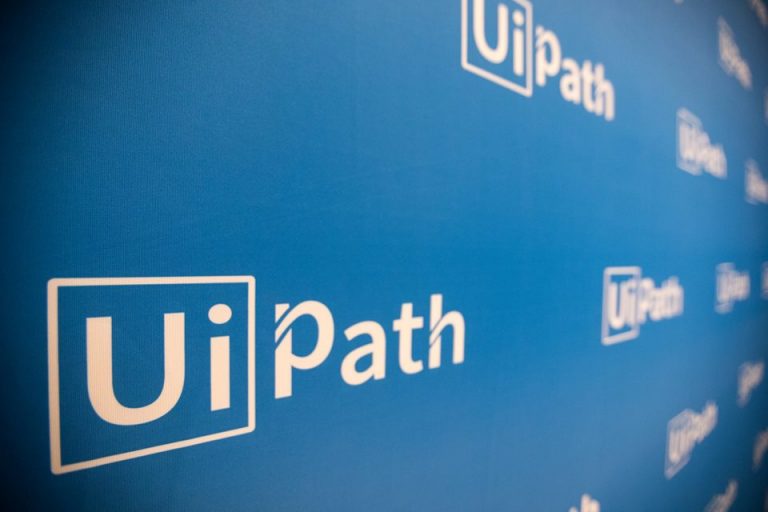 AI
AI
 AI
AI
 AI
AI
UiPath Inc. today introduced a new release of its robotic process automation platform that provides enterprises with more ways of automating repetitive business tasks.
Robotic process automation, or RPA, is an increasingly popular technology that helps organizations operate more efficiently. RPA tools such as UiPath’s platform enable companies to create software bots that can perform repetitive, historically manual chores such as copying files between databases. RPA bots enable a company’s employees to focus on more important tasks and in the process reduce human error.
New in the latest release of UiPath’s platform is a tool dubbed UiPath Integration Service. It allows developers to create RPA bots that can interact with a program not only through its user interface but also via the application programming interface.
Usually, RPA bots perform business tasks using the relevant application’s interface. This method is often the most intuitive approach, but it has certain disadvantages. The most significant is that if an application’s interface changes as a result of a software update, the RPA bots that use it must often be modified as well, which can require a great deal of work.
The alternative is to have bots carry out tasks via an application’s API instead of the interface. The API doesn’t necessarily change every time the interface does, which means that RPA bots have to be modified less frequently.
With the newly introduced UiPath Integration Service, developers can create bots that use both an application’s interface and APIs to carry out business tasks. One scenario in which a company may use the tool is when the task that it’s looking to automate involves a mix of modern applications that have APIs and legacy systems that don’t.
Today’s release also introduces a number of other enhancements aimed at developers. Software teams can now use UiPath’s platform to create RPA automation workflows that run on Linux. If the task being automated is so complicated that it requires a specialized machine learning from an external source, developers can now import neural networks using a tool dubbed the ML Ops Solution. The tool makes it possible to import neural networks developed by UiPath partners or a company’s in-house data science teams.
“By bringing adjacent new capabilities together into a single place and providing seamless integration between them, we can blast through existing RPA boundaries, dramatically expanding the playing field for developers, and multiplying and accelerating automation’s overall impact across the enterprise,” said UiPath Chief Product Officer Param Kahlon.
With the new platform release, UiPath is aiming to simplify not only the process of building automation workflows but also the task of running them in production. To that end, the company has added a capability called Robot Auto-healing that can detect and remediate certain technical issues affecting RPA bots without any human input. For cybersecurity teams, an integration with CrowdStrike Inc.’s endpoint protection platform will make it possible to analyze data related to RPA workflows as part of breach investigations.
As companies broaden their adoption of RPA software, business users without coding know-how often join automation projects. Some business users become “citizen developers” and begin actively contributing to bot development. For such users, UiPath is introducing a feature called Object Repository as part of the new platform release. It provides access to software building blocks that can be assembled together into automation workflows with relative ease.
End-users of automation workflows can access RPA bots created by their companies via a desktop application called UiPath Assistant. To improve the user experience, UiPath is updating the application with an integration that will make it easier to access automations from the UiPath Marketplace, its app store for pre-packaged RPA components.
THANK YOU